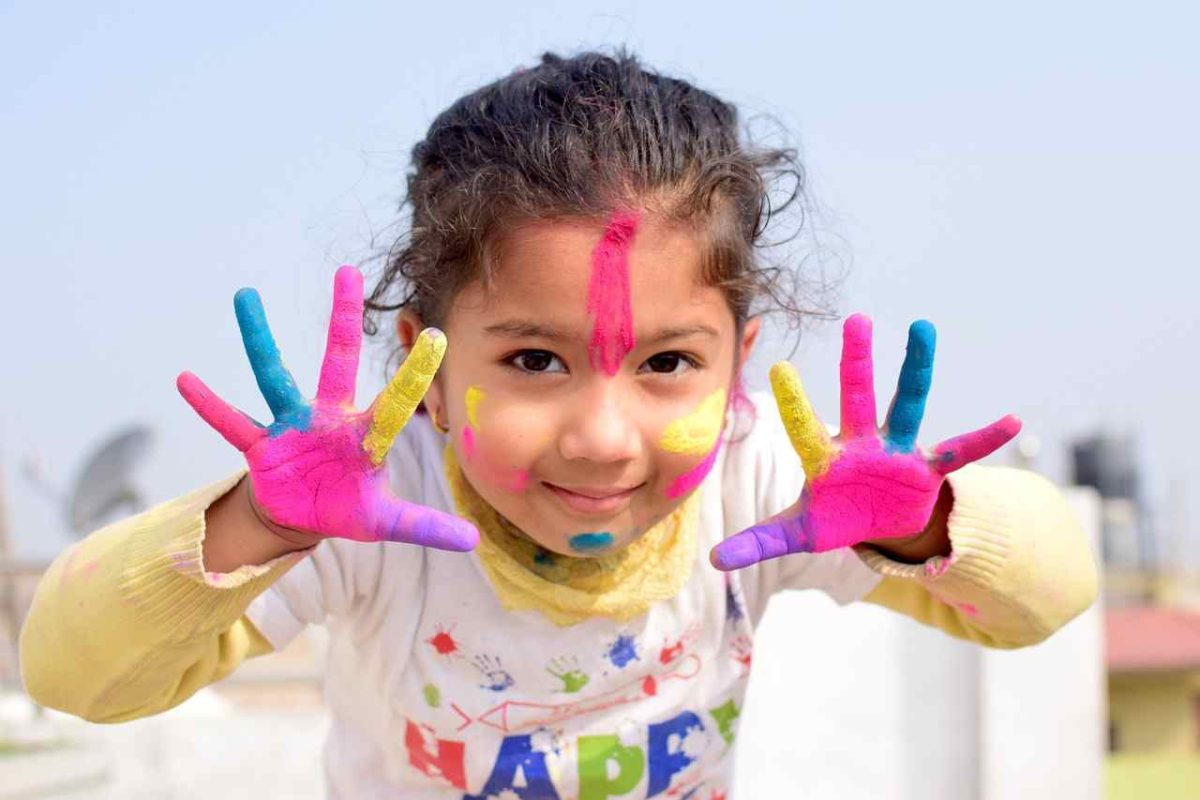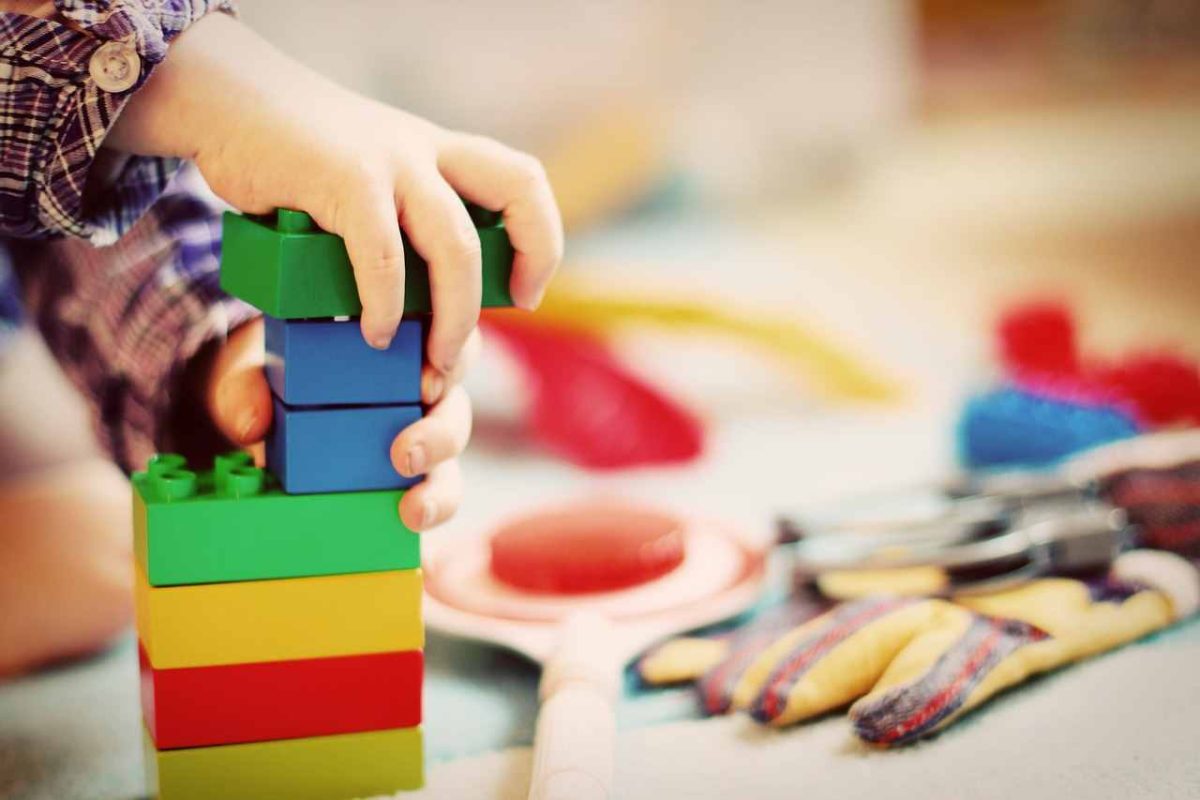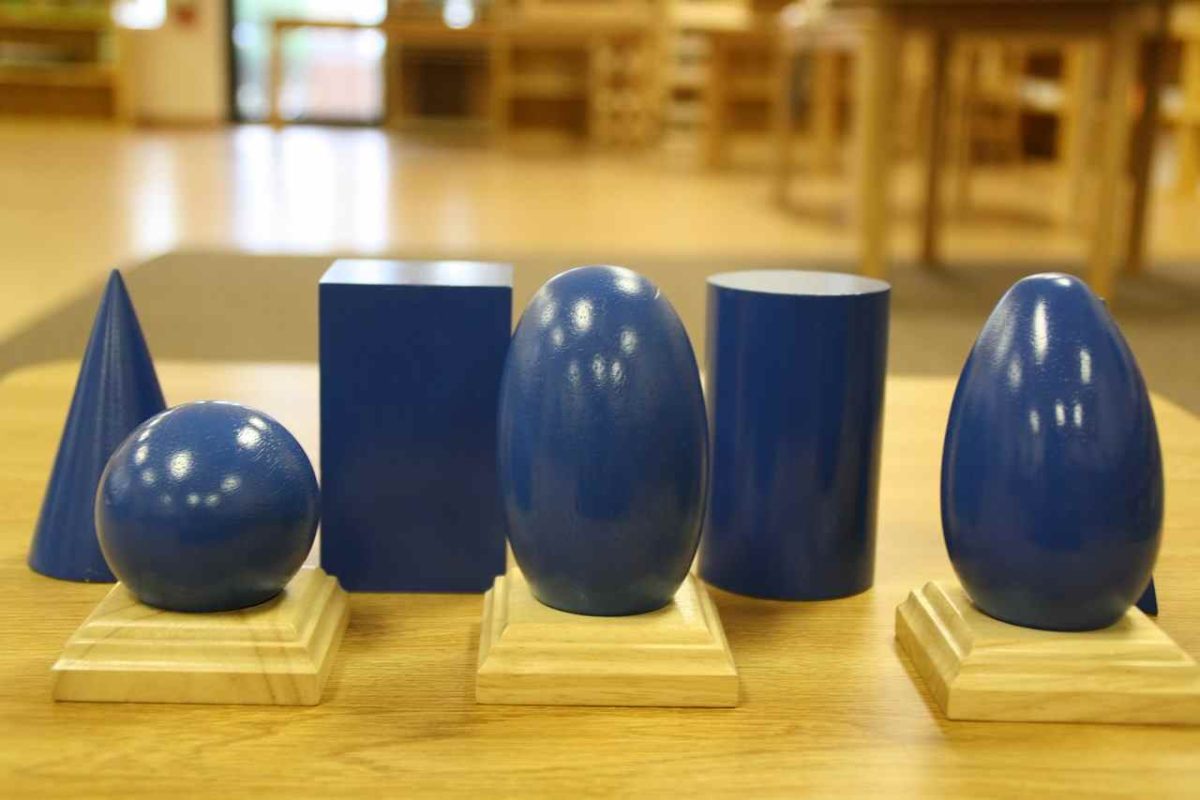Montessori education
Unlocking Potential: Montessori Schools and Education
Montessori education is a unique approach to early childhood learning and development. At the core of Montessori schools is the belief that children should guide their own learning at their own pace. With an emphasis on independence, freedom of choice, and respect for a child’s natural psychological development, Montessori education aims to nurture self-motivation and discipline.
Finding the right Montessori school for your child is key to providing them with an optimal environment for self-driven learning and growth. This article will give you a comprehensive overview of Montessori education and schools to help inform your decision-making process.
Table of Contents
What is Montessori Education?
Developed by Dr. Maria Montessori in the early 1900s, Montessori education is built upon the observation that children pass through sensitive periods of development early in life. During these periods, they exhibit a heightened interest and ability to master specific skills and concepts.
Montessori schools create an educational experience tailored to a child’s developmental stage, utilizing multi-sensory tools and activities. The classroom environment caters to each child’s needs, allowing them to learn at their own pace.
Some key principles of the Montessori philosophy include:
- Child-centered learning: Children take an active role in choosing activities based on their interests.
- Self-directed activity: Children learn through hands-on experiences with developmentally appropriate materials.
- Prepared environment: The classroom contains multi-sensory, sequential learning materials to scaffold skills.
- Mixed age classrooms: Age groups span 3 years, promoting peer learning and reduced competition.
- Individualized pacing: There is no timeframe for mastering a skill; students advance after mastery.
Rather than rote memorization, the Montessori curriculum emphasizes concrete learning, critical thinking, and problem-solving. Lessons are presented individually or in small groups based on the child’s level. This allows students to learn at their own pace and ability.
Montessori vs. Traditional Education
Montessori education differs considerably from traditional schooling:
| Montessori | Traditional |
|---|---|
| Student-led | Teacher-led |
| Individualized | Whole class instruction |
| Multi-age classrooms | Same-age classrooms |
| Self-correcting materials | Graded assessments |
| Intrinsic motivation | Extrinsic rewards |
In conventional schools, lessons are teacher-directed with a set curriculum for each age group. Students primarily work alone at their desks on assignments given by the teacher.
By contrast, Montessori learning environments encourage peer interaction, movement, and choice. Children receive individualized guidance rather than whole-class lectures. The multi-age setting also fosters cooperation over competition.
However, traditional settings offer consistency with age-specific benchmarks and standards. The social separation of grades provides clear developmental expectations and cohort bonding.
Ultimately, each model offers advantages that suit different learning needs and styles.

Benefits of Montessori Education
Studies suggest Montessori students develop strong executive functioning, social skills, and mastery orientation. Some key benefits include:
- Independence: Students gain confidence through self-directed learning and choice. This breeds intrinsic motivation.
- Creativity: The open-ended materials encourage innovative thinking and problem-solving.
- Focus: Students progress at their own pace which helps build concentration skills.
- Social skills: The multi-age classrooms facilitate mature social interaction and collaboration.
- Critical thinking: Interactive sensory materials develop logic, reasoning and critical analysis.
- Love of learning: Freedom of choice and individualized lessons foster a passion for learning.
Research indicates Montessori education yields long-term academic and social gains. One study found adolescents who attended Montessori programs as preschoolers scored higher on math and science assessments than their non-Montessori peers. They also exhibited greater social cognition and executive control.
Finding the Right Montessori School
When selecting a quality Montessori school, here are some factors to consider:
- Credentialed teachers: Ensure teachers hold certifications from accredited Montessori training programs like AMI or AMS.
- Adherence to curriculum: The school should follow core Montessori principles and curriculum.
- Prepared environment: Classrooms ought to be well-equipped with Montessori materials catered to multi-age groups.
- Safety and supervision: Appropriate student-teacher ratios should allow for proper guidance and oversight.
- Parent involvement: Schools should encourage parent engagement through conferences, events and open communication.
- Observation policy: Parents should be permitted to observe classes to gain insight into the learning environment.
Visiting schools in person and asking questions is key to determining if a Montessori program aligns with your child’s needs:
- How are lessons customized for each child’s ability level?
- What teacher credentials and training do faculty hold?
- How are students assessed for mastery of skills and concepts?
- How is community fostered between different age groups?
- How are independence and student choice incorporated?
Observing how classrooms function, students interact, and teachers guide learning can give invaluable perspective into which school will facilitate your child’s growth and development.
Montessori Schools in San Jose, California
As one of the top ten largest cities in the United States, San Jose is home to a thriving Montessori community. Here are some of the top-rated Montessori schools in San Jose and the surrounding area:
Action Day Primary Plus
Serving children ages 2 to 6, this preschool focuses on nurturing independence and intellectual curiosity through guided activities. The school is accredited by the American Montessori Society (AMS).
Address: 1625 Park Ave, San Jose, CA 95126 Rating: 5 stars Website: www.actiondayprimaryplus.com
Redwood Montessori School
Offering programs from toddler through middle school, Redwood Montessori fosters social responsibility and academic excellence. The school emphasizes community service and environmental stewardship.
Address: 15850 Prospect Rd, Saratoga, CA 95070
Rating: 4.5 stars Website: www.redwoodmontessori.org
The Nido de Guadalupe School
This Spanish immersion preschool serves children ages 18 months to 6 years old. Alongside the Montessori curriculum, students learn the Spanish language, vocabulary and culture.
Address: 1210 Linda Vista Ave, San Jose, CA 95125 Rating: 5 stars Website: www.nidodeguadalupe.org
German International School of Silicon Valley
In addition to Montessori early childhood education, this school offers an elementary curriculum incorporating German language and cultural studies.
Address: 310 Easy St, Mountain View, CA 94043 Rating: 4.5 stars Website: www.gissv.org
Marshall Lane Elementary (public Montessori program)
Part of the Campbell Union School District, Marshall Lane offers Montessori strands for grades K-3 alongside traditional classrooms. This provides high-quality Montessori education through the public school system.
Address: 14055 Smith Ave, Saratoga, CA 95070 Rating: 4 stars Website: www.marshalllane.org
Montessori Education Beyond San Jose
While the options in San Jose provide an excellent starting point, outstanding Montessori schools and programs exist nationwide. Expanding your search radius can open up additional choices:
- Pacific Primary – a toddler through middle school program located in Carlsbad emphasizing character development and community.
- Oak Meadow School – a K-8 independent Montessori school in Los Gatos accredited by AMS and CAIS.
- Santa Rosa Junior College – the only public community college in California offering an AMS accredited Montessori teacher training program.
- Houston Montessori Center – the largest Montessori school in Texas serving over 500 students from infant through 8th grade.
- Whitby School – an acclaimed preschool through 8th grade Montessori program in Greenwich, CT focused on whole-child development.
Don’t limit your options nearby if you don’t find the perfect fit. Explore schools offering exceptional Montessori learning environments further afield.

Montessori Teacher Training
A vital component of authentic Montessori education is having properly credentialed teachers. Montessori teacher training is an intensive process focused on child development theory, conducting observations, and presenting lessons with Montessori materials.
Accredited training centers offer courses over one or two summers along with a year-long supervised teaching practicum. Upon completion, graduates earn diplomas or certificates demonstrating their qualifications as Montessori teachers.
There are two leading international Montessori accreditation organizations:
- Association Montessori Internationale (AMI): Founded by Dr. Maria Montessori in 1929 to uphold her methods and philosophy.
- American Montessori Society (AMS): Established in 1960 to expand access to Montessori education in the U.S.
When researching schools, look for faculty certified through AMI, AMS, or other reputable Montessori teacher training programs. This ensures teachers have a deep understanding of Montessori principles to facilitate high-quality Montessori learning experiences.
Montessori and Child-Centered Learning
A core tenet of Montessori education is child-centered learning. This means the child takes an active role in what and how they learn based on their interests and developmental needs.
Rather than direct instruction, Montessori teachers thoughtfully prepare the classroom environment to allow children to explore activities independently. Hands-on materials appeal to multiple senses and provide just enough challenge to support mastery.
The child chooses activities that spark curiosity and engage their mind. They may work alone, collaborate with classmates, or receive individual guidance from the teacher. This autonomy helps build self-discipline and motivation.
Child-centered learning fosters problem solving, critical thinking, and discovery. It recognizes that children learn best when they take ownership of the process guided by insight into their unique developmental stage. This passion for learning often continues throughout their education and lives.
Montessori Education and E-A-T Guidelines
As Montessori schools expand their web presence, the quality of online content has become vital for building trust and establishing expertise. By optimizing websites, blogs and social media for Google’s E-A-T (Expertise, Authoritativeness, Trustworthiness) standards, schools can enhance credibility.
Key strategies include:
- Showcase Montessori teacher credentials and training. This conveys expertise.
- Share school philosophy, classroom details, and curriculum overviews. This provides an inside look at the Montessori approach.
- Highlight student experiences through testimonials, interviews and success stories. This builds trust through firsthand accounts.
- Publish content written by knowledgeable staff familiar with Montessori methods. This establishes authority.
- Adopt robust security, privacy, and transparency policies. This promotes trustworthiness.
- Participate actively in Montessori communities and discussions online. This demonstrates engagement with Montessori experts.
By optimizing online assets for E-A-T principles, Montessori schools can elevate their visibility and reputation as premier providers of Montessori education.
Conclusion
For over a century, Montessori schools have shaped an educational experience guided by a child’s natural stages of development. By creating child-centered environments focused on self-direction, independence and individual mastery, Montessori education unlocks a deeper love of learning and confidence.
As a parent, carefully examine the Montessori options available and weigh the potential benefits for your child. Schedule school visits, evaluate credentials of teachers, and look for adherence to authentic Montessori principles. While the preschool years are ideal for starting Montessori, programs are available for older children as well.
With some research, you can find the perfect fit to provide your child with the keys to unlock their full potential as independent, motivated learners equipped for a lifetime of achievement.

FAQs
What is the Montessori education system?
Montessori is a child-centered educational approach focused on fostering independence, initiative, and intrinsic motivation through student-directed activities. Montessori classrooms have multi-age groupings and hands-on self-correcting materials that enable self-paced learning.
What age group do Montessori schools cater to?
Most Montessori schools serve children from infancy through kindergarten. Many also offer elementary grades, and sometimes even middle and high school programs.
How do Montessori schools differ from traditional schools?
Montessori emphasizes individualized instruction, student choice, collaboration, and skill mastery over grades or competition. Traditional schools tend to use whole-group direct instruction focused on a set curriculum.
What are the key principles of Montessori education?
– Respect for the child’s developmental stages and learning pace – Prepared sensory-rich environments with hands-on materials
– Student-directed activity and freedom of movement – Individual and small group lessons based on interest and ability – Mixed age classrooms to facilitate peer learning
Is Montessori education effective for child development?
Studies suggest Montessori education leads to strong outcomes in executive functioning, motivation, social skills, and academic performance. The hands-on approach aids cognitive, emotional, and social development.
How can I find the best Montessori school near me?
Visit schools to get a feel for their environment and teaching methods. Look for warm, welcoming classrooms with Montessori materials. Ensure teachers are Montessori certified. Check school accreditation and student outcomes.
Are Montessori schools more expensive than traditional schools?
Montessori school tuition tends to be comparable to other private schools but is generally more expensive than public school. Many Montessori schools offer financial aid programs.
What should parents look for in a Montessori school?
Seek schools with credentialed teachers, fidelity to Montessori curriculum, multi-age classrooms, an abundance of hands-on materials, and respect for student interests and choices. Observe how attentive and engaged students are.
Do Montessori schools follow a specific curriculum?
Montessori education utilizes a core curriculum focused on practical life skills, sensory learning, math, language, culture, science, and the arts. Content is adapted to student ability and interest.
Are there any famous Montessori alumni?
Many renowned innovators attended Montessori schools including Jeff Bezos, founder of Amazon; Larry Page and Sergey Brin, co-founders of Google; Julia Child, celebrity chef; and Jimmy Wales, founder of Wikipedia.
References
Montessori, Maria. The Montessori Method. Frederick A Stokes Company, 1912.
Lillard, Angeline Stoll. Montessori: The Science Behind the Genius. Oxford University Press, 2017.
Kayılı, Gökhan. “The Effect of Montessori Method on Cognitive and Social Development in Pre-School Children.” Education and Science, vol. 43, no. 193, 2018, pp. 159–172., doi:10.15390/eb.2018.7318.
https://en.wikipedia.org/wiki/Montessori_education
https://www.rasmussen.edu/degrees/education/blog/pros_cons_montessori_education/
https://amshq.org/About-Montessori
https://montessori-nw.org/about-montessori-education
https://montessorischoolny.com/
https://amshq.org/About-Montessori/What-Is-Montessori

